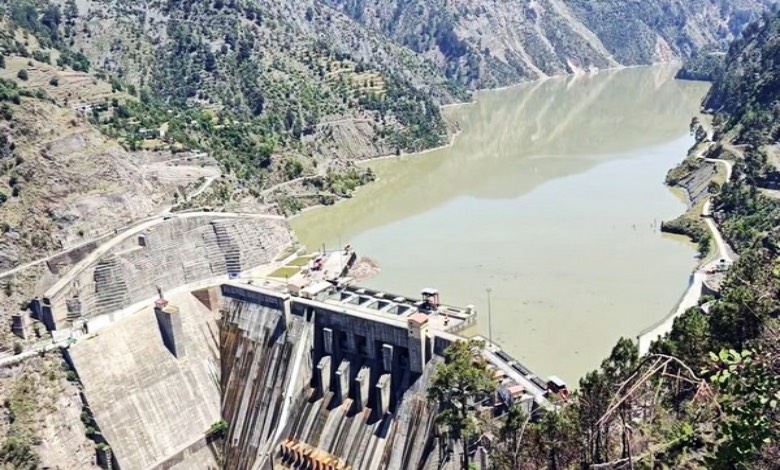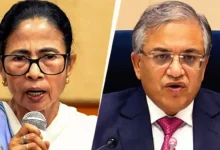India Dismisses Hague Court’s Ruling on J&K Hydro Projects as ‘Pakistan’s Charade’

New Delhi — India has firmly rejected a decision by the Permanent Court of Arbitration (PCA) in The Hague regarding the Kishenganga and Ratle hydroelectric projects in Jammu and Kashmir, labeling the ruling as “illegal” and a maneuver instigated by Pakistan. The Ministry of External Affairs (MEA) stated that India does not recognize the PCA’s authority or its dispute resolution framework concerning these projects.
On Friday, the PCA issued what it termed a “supplemental award” asserting its jurisdiction over disputes raised by Pakistan about the design elements of the two run-of-river hydroelectric projects, which are located on tributaries of the Indus River system. The MEA condemned the ruling, describing it as a “brazen violation” of the Indus Waters Treaty of 1960, brokered by the World Bank, which governs water-sharing between India and Pakistan.
“India has never acknowledged the legitimacy of this so-called Court of Arbitration,” the MEA declared in a statement. It further criticized the proceedings as a “charade at Pakistan’s behest” and an attempt by Islamabad to deflect accountability for its role in cross-border terrorism.
ALSO READ : “India’s Water Will Now Serve India”: PM Addresses Historic Indus Treaty Suspension
The Kishenganga project, situated on a tributary of the Jhelum River, and the Ratle project, on the Chenab River, have long been points of contention. Pakistan has challenged certain technical aspects of these projects under the Indus Waters Treaty, which allocates the western rivers Indus, Jhelum, and Chenab to Pakistan while allowing India specific uses, including the construction of run-of-river dams.
The MEA reiterated that the PCA’s formation contravenes the treaty and that its rulings are “void.” India’s stance follows its decision in April 2025 to place the Indus Waters Treaty in abeyance, citing Pakistan’s alleged support for terrorism, particularly after the Pahalgam terror attack. Foreign Secretary Vikram Misri had previously announced that the treaty would remain suspended until Pakistan demonstrably ends its backing of cross-border terrorism.
India’s rejection of the PCA’s authority underscores ongoing tensions with Pakistan over water rights and regional security. The ministry emphasized that no arbitral body, especially one it deems unlawfully constituted, can question India’s sovereign decisions regarding its infrastructure development in Jammu and Kashmir.
The statement concluded by accusing Pakistan of exploiting international mechanisms for political purposes, urging Islamabad to address concerns about terrorism rather than pursuing disputes through contested legal forums.




